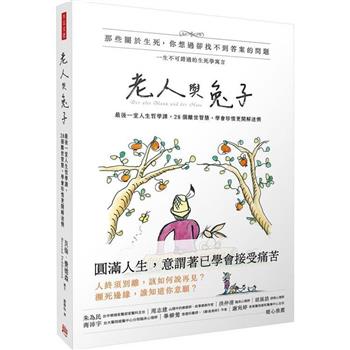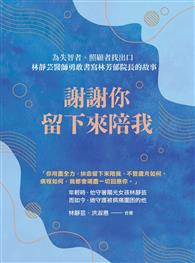A landmark survey of one of the most significant American photographers of the twentieth century
Best known for his intimate portrayals of barrio communities of the Southwest United States, Louis Carlos Bernal made photographs in the late 1970s and 1980s that draw upon the resonance of Catholicism, Indigenous beliefs, and popular practices tied to the land. For Bernal, photography was a potent tool in affirming the value of individuals and communities who lacked visibility and agency. Working in both black and white and in color, he photographed the interiors of homes and their inhabitants, often presenting his subjects surrounded by the objects they lived with--framed portraits of family members, religious pictures and statuaries, small shrines festooned with flowers, and elements of contemporary popular culture. Bernal viewed these spaces as rich with personal, cultural, and spiritual meaning, and his unforgettable photographs express a vision of la vida cotidiana--everyday life--as a state of grace. The first major scholarly account of Bernal’s life and work by the esteemed historian Elizabeth Ferrer, Louis Carlos Bernal: Monografía is the definitive book about an essential photographic artist. Copublished by Aperture and the Center for Creative Photography, Tucson| FindBook |
有 1 項符合
Louis Carlos Bernal: Monografía的圖書 |
 |
Louis Carlos Bernal: Monografía 出版社:Aperture 出版日期:2024-06-11 語言:英文 規格:精裝 / 236頁 / 普通級/ 初版 |
| 圖書館借閱 |
| 國家圖書館 | 全國圖書書目資訊網 | 國立公共資訊圖書館 | 電子書服務平台 | MetaCat 跨館整合查詢 |
| 臺北市立圖書館 | 新北市立圖書館 | 基隆市公共圖書館 | 桃園市立圖書館 | 新竹縣公共圖書館 |
| 苗栗縣立圖書館 | 臺中市立圖書館 | 彰化縣公共圖書館 | 南投縣文化局 | 雲林縣公共圖書館 |
| 嘉義縣圖書館 | 臺南市立圖書館 | 高雄市立圖書館 | 屏東縣公共圖書館 | 宜蘭縣公共圖書館 |
| 花蓮縣文化局 | 臺東縣文化處 |
|
|
圖書介紹 - 資料來源:博客來 評分:
圖書名稱:Louis Carlos Bernal: Monografía
內容簡介
作者簡介
Louis Carlos Bernal (born in Douglas, Arizona, 1941; died in Tucson, 1993) was a pioneering Chicano photographer active in the last quarter of the twentieth century, maturing as an artist in the wake of the 1970s civil rights era. After completing his MFA at Arizona State University in 1972, he joined the faculty of Pima Community College in Tucson, where he developed and led its photography program, and remained for the duration of his career. The Center for Creative Photography at the University of Arizona, Tucson, preserves the Louis Carlos Bernal Archive, including fine prints, project records, correspondence, and clippings.
|










